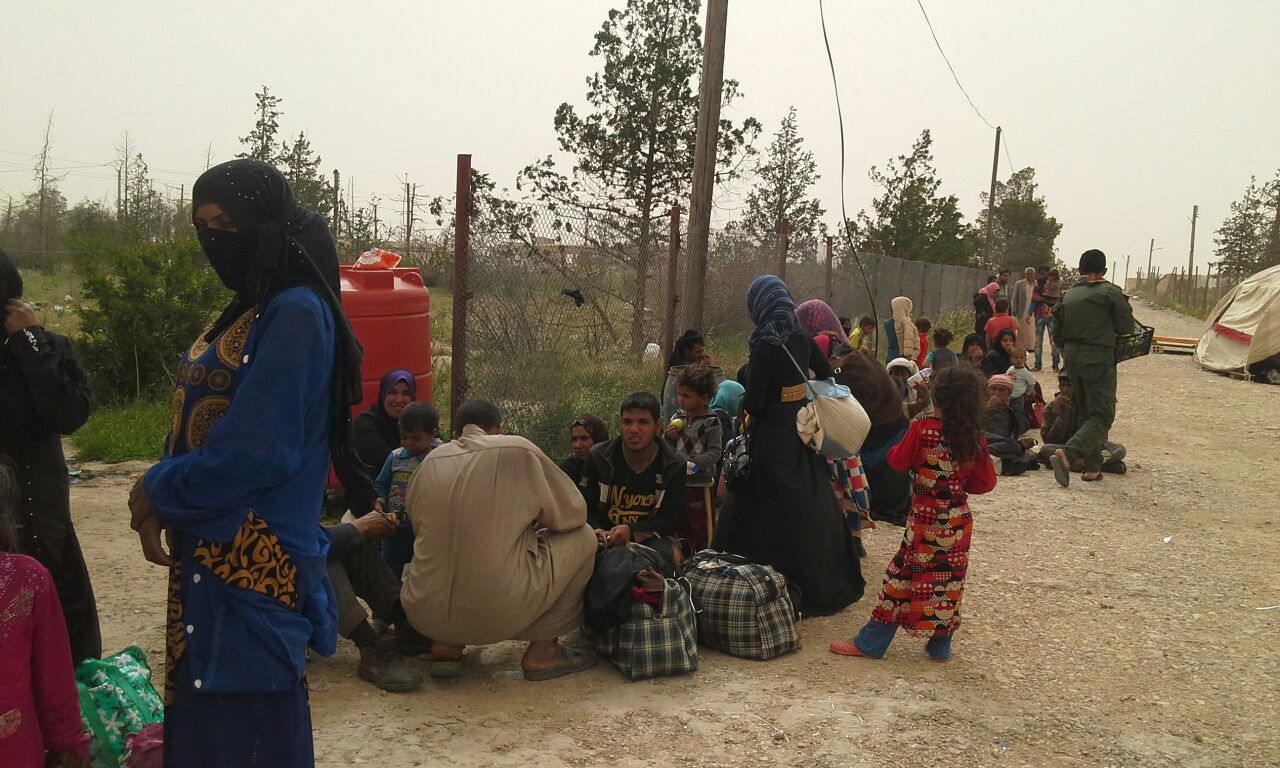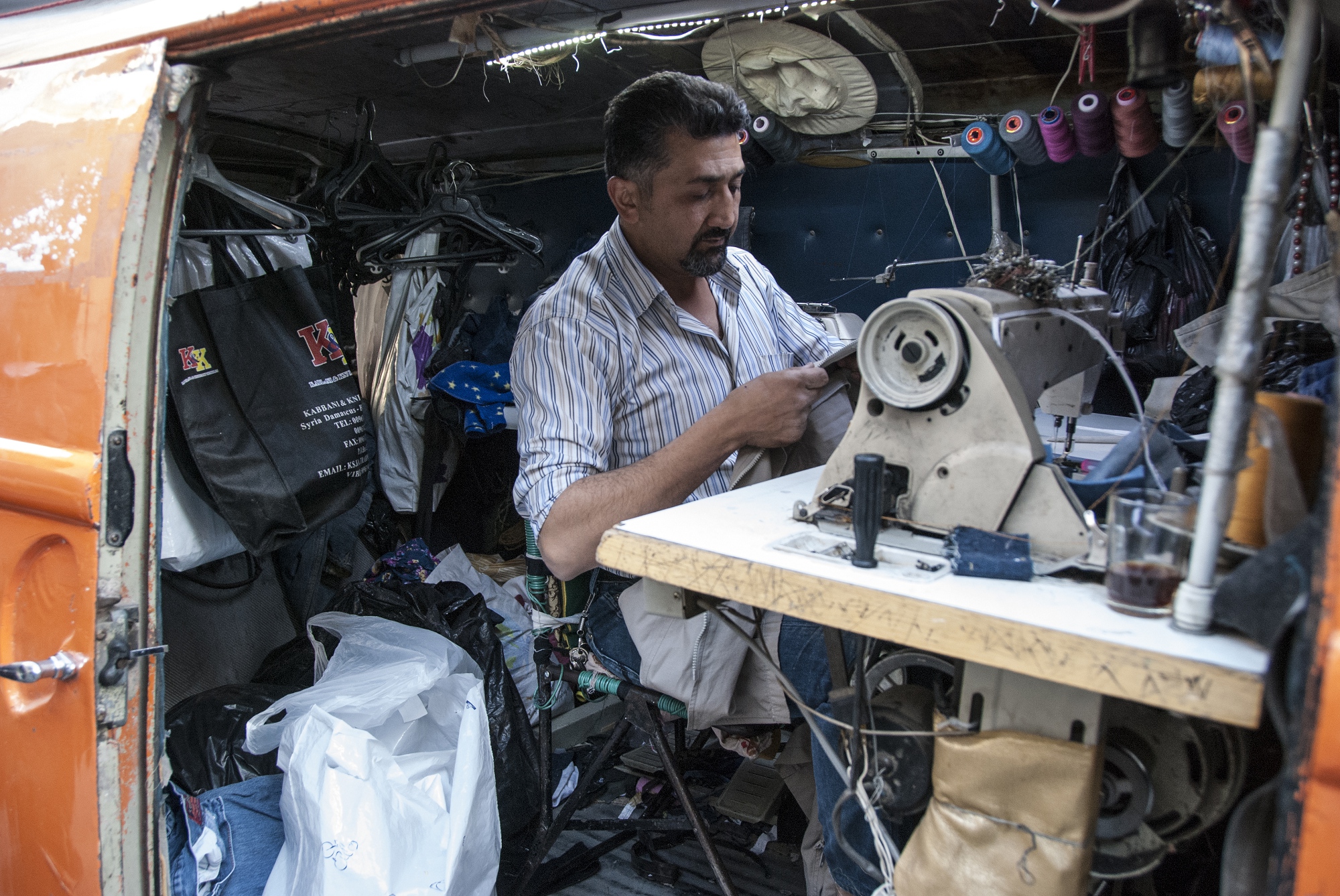Almost 64,000 risk the high seas to Yemen in first seven months
Almost 64,000 risk the high seas to Yemen in first seven months

NAIROBI, Kenya, August 28 (UNHCR) - The flow of refugees and migrants from the Horn of Africa across the perilous high seas to Yemen hit a record total of more than 63,800 in the first seven months of the year.
The January to July figure was up 30 per cent on the 48,700 recorded in the same period for 2011, which was itself a record year for crossings. Last year, more than 103,000 refugees and migrants crossed the Gulf of Aden or the Red Sea on smugglers' boats, the highest total since 2006 when UNHCR started collecting data on this route.
Once data for August is compiled, another spike in arrivals in Yemen is expected. Migrants who go to Yemen in the hope of reaching the Gulf states, usually try to depart during the fasting month of Ramadan because they think patrols on the border between Yemen and Saudi Arabia are more lax during this time.
Meanwhile, the figures for this year show a significant change in the composition of those making the crossing, with more Ethiopians risking the trip with help from smugglers operating along the shores of Somalia and Djibouti. More than 51,000 have crossed this year.
In previous years, Somali refugees have constituted between a quarter and a third of all arrivals to Yemen, but from January to July this year only one-in-six of those arriving were Somali nationals, who are automatically recognized as refugees in neighbouring countries due to the turmoil in their homeland.
A UNHCR spokesperson said the refugee agency's "primary concern is for those fleeing conflict and persecution and who are forced to resort to any available means to reach safety in neighbouring countries - in this case, meaning taking boats operated by smugglers."
Some of the Ethiopians who reach Yemen decide to seek asylum. Most cite a lack of prospects and a difficult economic situation. To avoid detention and deportation, they attempt to evade contact with the Yemeni authorities. Reports of serious abuses of Ethiopians at the hands of smugglers have been increasing.
"We are also seeing disturbing trends in the way that boat crossings are being done. In addition to growth in the number of daily boat departures to Yemen from Djibouti, the smuggling process has now become so organized that those deciding to make this dangerous journey are using established money transfer systems to pay smugglers [rather than risk carrying cash]," the spokesperson said.
The vast majority are crossing the Red Sea from Obock, Djibouti, with the remainder crossing the Gulf of Aden from Somaliland and Puntland.








